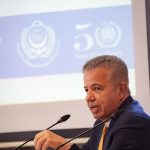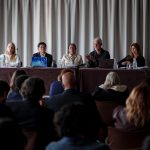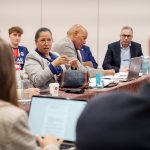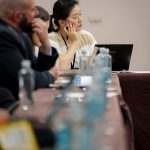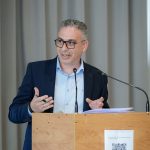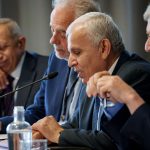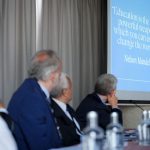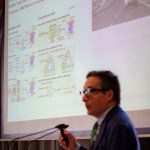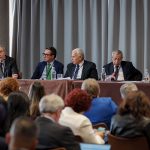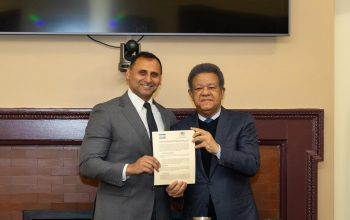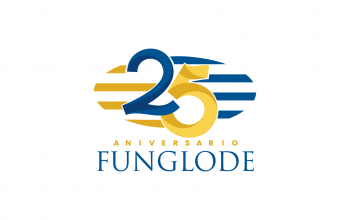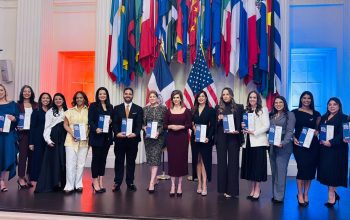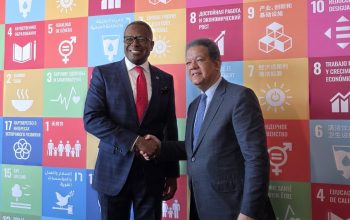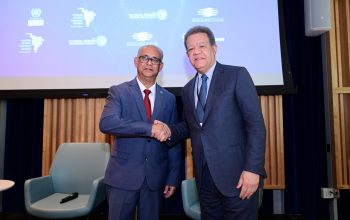news
GFDD and Funglode Participate in the MIL and Global Understanding Conference 2025 in Barcelona: A Global Call for Critical Thinking, Intercultural Dialogue, and Peace
April 28, 2025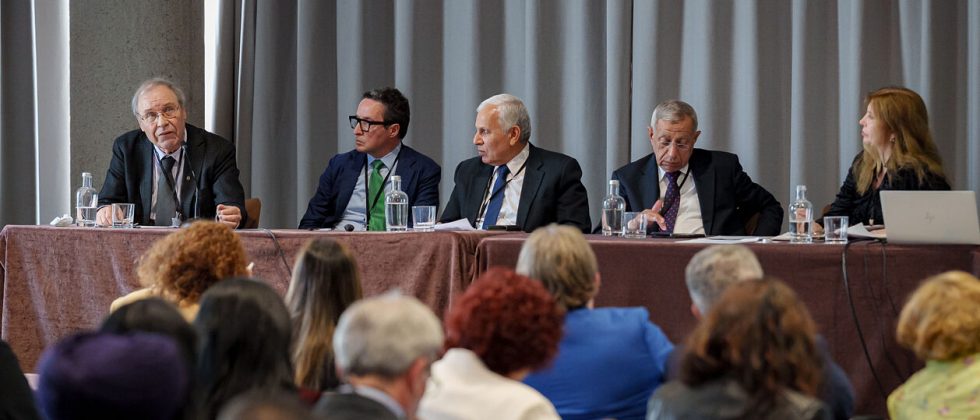
Barcelona, April 2025 — The Global Foundation for Democracy and Development (GFDD) and the Fundación Global Democracia y Desarrollo (Funglode) took part in the international MIL and Global Understanding Conference, held on April 28–29 in Barcelona, Spain. The event brought together experts, academics, international organizations, and educational leaders from over 40 countries to reflect on the current challenges of disinformation and hate speech, and to emphasize the crucial role of Media and Information Literacy (MIL) in building more just, resilient, and democratic societies.
The conference was inaugurated by José Manuel Tornero, general coordinator, who emphasized that “the urgency of promoting critical thinking, intercultural dialogue, and media literacy has never been greater.” He added, “We are not here just to diagnose problems. We are here to build solutions,” highlighting the event’s goal of developing a Global Action Plan to coordinate institutional efforts worldwide.
Adeline Hulin, UNESCO officer and expert in communication policy, announced that the upcoming Global MIL Weekconference will take place in Cartagena, Colombia, in October 2025, likely focusing on the intersection between MIL and artificial intelligence. She also presented a range of new tools, including a globally adaptable MIL curriculum for teachers, a youth-focused toolkit, and the innovative “MIL Cities” initiative, which promotes the use of public spaces to informally spread MIL.
Luciano Di Mele, an Italian researcher specializing in digital transformation, discussed how artificial intelligence is reshaping the teaching profession. “Thanks to automation, teachers can now focus on higher-value functions such as emotional support, critical thinking, and ethical guidance,” he said, calling for a renewed emphasis on the human dimension of education.
British scholar Julian McDougall proposed a theory of change for the MIL field based on four pillars: access, awareness, agency, and outcomes. “The urgent priority is to turn learning into capability, and capability into positive outcomes,” he stated, stressing the importance of evidence-based action.
Spanish professor Juan Manuel Corchado Rodríguez addressed the ethical implications of generative AI, emphasizing that “MIL is a key competence in the AI era, enabling citizens to critically and ethically engage with information.” He warned that critical decisions must remain in human hands, as AI systems lack common sense and contextual understanding.
Ilias Nikezis, Executive Director of the International Training Centre for the Safety of Journalists in Greece, noted that many successful MIL initiatives rely more on proactive individuals than on solid national policies. “For any MILID policy to be effective, it must be carefully adapted to the specific cultural and social context,” he argued.
In his keynote address, Egyptian professor Samy Tayie stressed the ethical responsibility of media in today’s interconnected world. “We have a collective duty to ensure that the information we share fosters understanding and empathy rather than division,” he said, urging a global commitment to using media as a force for peace and transformation.
Portuguese researcher Ana Filipa Oliveira shared youth-led initiatives that make MIL more relatable and scalable. “Peer-to-peer learning networks significantly increase the relevance and impact of media literacy,” she explained, showcasing projects in which young people play active roles in content creation and policy advising.
From India, Dr. Jagtar Singh offered a philosophical perspective, arguing that “information is needed to make decisions, knowledge to solve problems, and wisdom to apply both ethically.” He stressed the importance of MIL as a safeguard for democracy, inclusion, and intercultural understanding in the face of growing manipulation.
Finally, Silvia Bacher, from Argentina, addressed MIL from a human rights standpoint. “Media and information literacy should be seen as a lifelong right and tool for citizen participation in rapidly changing digital environments,” she said. Bacher also advocated for micro-certification programs to expand access to MIL across education, community, and professional sectors.
GFDD and Funglode will continue to share key insights across their platforms and seek new partnerships in the Americas, Europe, and beyond—upholding media and information literacy as a cornerstone for democratic development.

